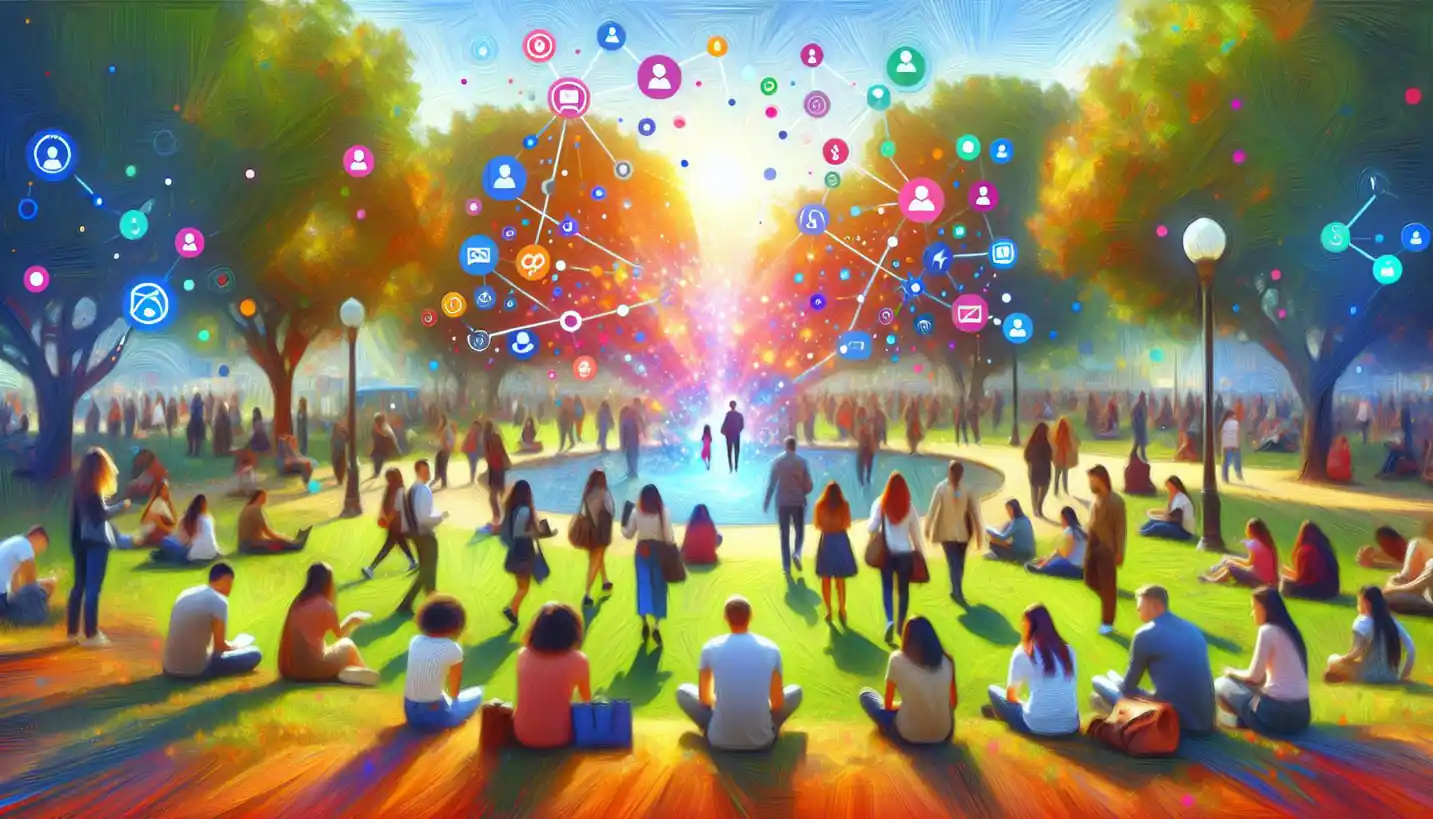· Computer Science · 4 min read
Quantum Coherence: Unveiling the Magic Behind Quantum Computing
Quantum coherence is the engine behind sustained quantum states, unveiling new computer capabilities. Discover how it keeps quantum particles synchronized and stable.

Once, as we sat observing the ever-advancing world of technology, some of the brightest minds were busy unlocking the enigmatic potential of quantum mechanics. At the heart of this revolution is a curious phenomenon known as quantum coherence. It’s not just another buzzword; it’s a vital concept that might one day enable quantum computers to solve problems that are impossible for classical computers to handle.
Quantum Coherence in Quantum Computing
To appreciate quantum coherence, let’s first dip our toes into the realm of quantum mechanics. Imagine you’re in a world where particles can exist in multiple states at once, a concept famously captured by Schrödinger’s thought experiment of the cat being both alive and dead at the same time. This is known as superposition. Quantum coherence is like the glue that holds these superposed states together, allowing them to interact in a way that creates highly intricate computational possibilities.
Think of quantum coherence as an orchestra in which all the musicians (the quantum bits or qubits) need to play in perfect harmony. Each qubit holds its own tune (state), but coherence ensures they all play together seamlessly, producing a symphony far more complex than any single musician could create alone.
Why is Quantum Coherence Important?
The real magic of quantum coherence lies in its ability to maintain the delicate balance of these quantum states. But why should we care about it? Well, in the quantum realm, information isn’t processed bit by bit like in classical computers. Instead, qubits can process vast amounts of data at once thanks to superposition and entanglement, another mind-bending quantum phenomenon.
Coherence allows quantum computers to perform complex calculations at unprecedented speeds. Imagine trying to solve a massive puzzle with millions of pieces. Classical computers work through it piece by piece, methodically. In contrast, a quantum computer with good coherence can simultaneously see multiple possibilities, providing solutions in the blink of an eye. This has immense implications for fields such as cryptography, drug discovery, climate modeling, and more.
The Challenges of Maintaining Quantum Coherence
Quantum coherence sounds like pure magic, but there’s a catch. Maintaining it isn’t easy. The quantum world is incredibly sensitive. Imagine trying to balance a stack of cards in a windstorm. This sensitivity means that even the tiniest environmental disturbances can lead to decoherence, the loss of coherence.
Researchers face the daunting challenge of creating quantum systems that are isolated enough to maintain coherence, yet accessible enough to manipulate and measure. It’s a bit like trying to whisper secrets in a crowded room without anyone hearing. This balancing act is critical, and despite significant advances, it’s one of the biggest hurdles facing quantum engineers today.
Real-Life Applications of Quantum Coherence
Despite the challenges, quantum coherence has already shown its potential. In cryptography, for example, quantum key distribution takes advantage of coherence and entanglement to create unbreakable encryption. Similarly, quantum simulations could revolutionize drug development by modeling complex molecules and reactions accurately and quickly.
As we continue to harness quantum coherence, we might see advancements in artificial intelligence, machine learning, and data processing far beyond what our classical systems can achieve. Imagine quantum systems rapidly analyzing vast datasets to predict weather patterns, detect diseases, or optimize complex supply chains.
The Future of Quantum Coherence
The future of quantum computing and coherence looks both exciting and challenging. As researchers continue to explore the boundaries of quantum mechanics, we’re on the brink of what could be a technological revolution. Could quantum coherence help us crack unsolvable problems, or lead to unimaginable breakthroughs?
Scientists are hard at work developing error-correction methods to combat decoherence, such as topological qubits which promise to be more stable. Others are exploring novel materials and designs that might keep qubits coherent longer. The quest to master coherence is also driving collaborations between physicists, computer scientists, and engineers worldwide.
Conclusion
Quantum coherence is more than just a scientific curiosity; it’s a cornerstone of the quantum computing frontier. As we unravel its mysteries and overcome its challenges, coherence might just bridge the gap between theory and transformative technology.
The potential applications are vast and diverse, promising to touch every aspect of modern life. From cybersecurity to medicine, quantum coherence could redefine what’s possible.
As we stand on the edge of this new era, it’s worth asking: What problem do you hope quantum coherence will solve next? The answers lie in continued exploration, innovation, and the pursuit of a deeper understanding of the quantum world. The journey is only beginning, and the possibilities are as boundless as the universe itself.


